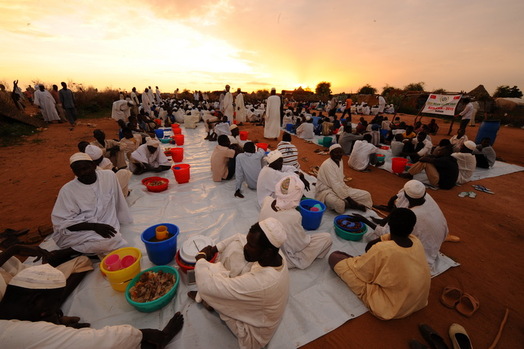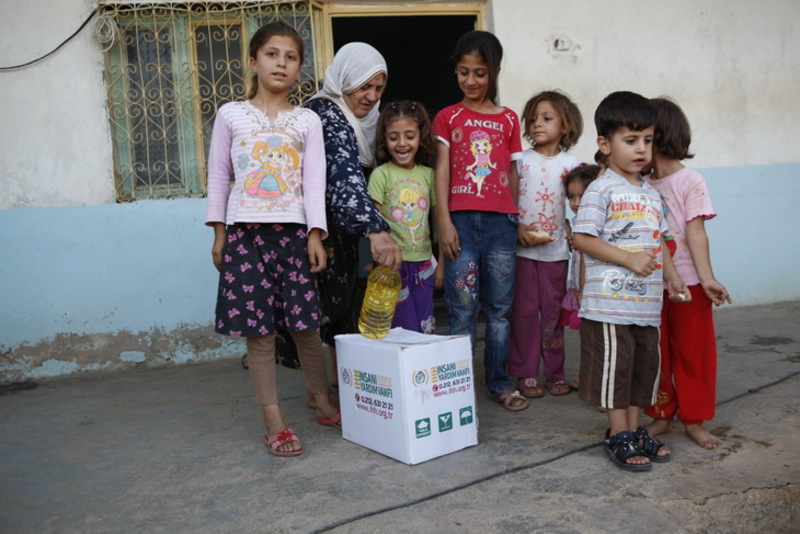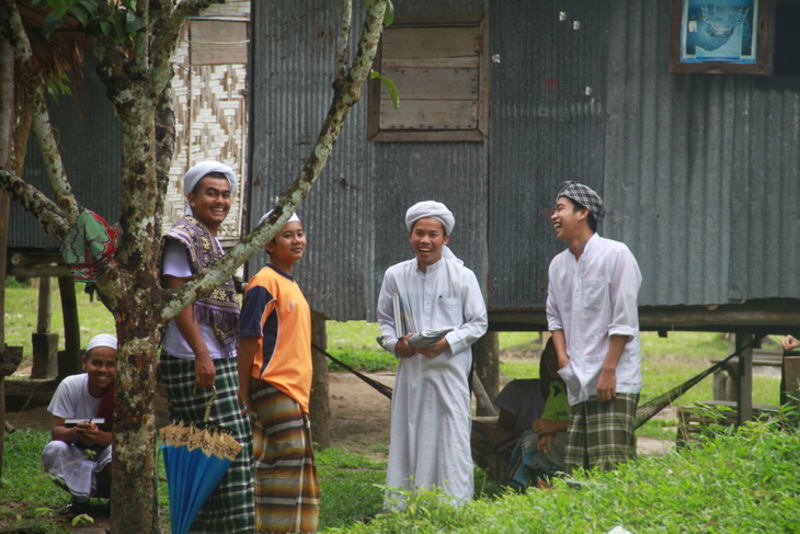
Dr. Hülya ALPER
Quran says “O you who have believed, decreed upon you is fasting as it was decreed upon those before you that you may become righteous [achieve ittiqa],” (Surat al-Baqara 2/183) which perhaps points to this state of being aware. Ittiqa which means avoiding from temptation to sin out of respect for Allah, actually means to act with fears of losing Allah’s sake and this can only be achieved through consciousness and awareness of servitude. As a matter of fact, Islamic scholar Muhammad Esed translated the relevant part of the verse as “… so that you can be aware of your responsibilities to Allah.”
Undoubtedly, all sorts of worships, which are fard, are means which help an individual to attain a consciousness of servitude. In this respect, prayers are needed for human beings as they need to elevate their souls through prayers. Quran’s mentioning of ittiqa while explaining the reason why fasting was made a fard for Muslims makes one think that fasting has a different role in making one achieve consciousness of servitude. By fasting, one achieves to say “no” to his/her bodily needs during certain hours of the day throughout one month and by paying attention to eat less, they manage to strengthen their self control and discipline their self. In this way, by returning to their inner world, people listen to the voice of their sprit and have the opportunity to discover the meaning of their existence and be aware of again their being a servant. Certainly, things other than fards such holding taraweeh prayers, reading the holy Quran and seclusion for prayer play an important role in the formation of such an awareness during the month of Ramadan.
A Muslim becomes aware of himself/herself as time speedily goes by, feels that he/she gets independent by being a servant to Allah, knows the value of the things he/she owns and gets rid of selfishness and thinks about others at Ramadan whose spiritual atmosphere is hard to describe in a short text. One’s being aware of himself/herself makes them become aware of others. In the awareness which is gained through fasting, one does not only become aware of the existence of others but also their situation. For instance, a rich who has never felt hunger even for a limited time of his/her life, can understand the situation of the poor by fasting and this strengthens his/her feelings to extend a helping hand and be generous to the those who are in need. So, social solidarity is increased and Islamic brotherhood becomes stronger at Ramadans.
Prophet Muhammad’s asking people to make charity donations [fitr] at Ramadan is another thing which strengthens social solidarity. The fact that Muslims generally make their zakat donations at Ramadan although it is possible to make them throughout the year results from such a spirit of solidarity.

Ramadan is a month for which Muslims long for due to spiritual richness this month brings to the individual and the society. The amount of one’s longing for Ramadan depends on the level of their faith. People who have not attained a certain level of faith may find Ramadan as a month of difficulty and hardship. Perhaps fasting was ordered as a fard in the later years of Islam, after daily prayers and zakat, so that Muslims can achieve a consciousness in their servitude.
Here, there is a circular relationship between faith and fasting just as it is the case in all other prayers. Faith makes one to fast and fasting makes one to keep their faith and increases the value of the faith. Celebrating the end of Ramadan as a festival does not mean to be joyous for getting rid of Ramadan but for achieving a spiritual richness. If fasting does not help us increase our awareness from many respects, then this means fasting only worked to limit eating, drinking and lust.
Prophet Muhammad made some advices to his ummah so that they can get the best from fasting. The Messenger of Allah, peace and blessings of Allah be on him, said:
"Fasting is an armour with which one protects oneself; so let not him (who fasts) utter immodest (or foul) speech, nor let him act in an ignorant manner; and if a man quarrels with him or abuses him, he should say twice, I am fasting.” (Bukhârî, “Fasting”, 9).

Fasting regardless of such a sensitivity is the “fasting of the ordinary,” according to Islamic scholar Imam Ghazali. In other words, it is the lowest grade in fasting. People who are on higher levels in their faith keep their ears, eyes, tongue, hands and feet -- and all other organs -- free from sin when fasting. Those who have the highest level of faith fast of the heart from unworthy concerns and worldly thoughts, in total disregard of everything but Allah. They think about Allah throughout their fasting. (Ghazali, İhyâ, Beirut 2000, I, 314)
Although Ghazali does not reject the validity of the fasting of the “ordinary” in his grading, it is important to note that some Islamic scholars have a different attitude on this subject. For instance, Ibn Hazm thinks fasting is invalidated by every sin that a person commits deliberately. Islamic scholars such as Süfyân es-Sevrî and Evzâî say lying and gossiping invalidate one’s fast, so it should be compensated for at another date. (İ. Kâfi Dönmez, “Oruç” TDV DİA, XXXIII, 422.)
Although majority of the Islamic scholars do not share the latest view, they stress the importance of showing care and sensitivity about acting virtuously in abstaining from sins and complying with religious orders when fasting. A Ramadan which is spent by paying attention to these turns into a month when self-criticism is made, moral virtues are attained, a kind of inner religious education is received and social solidarity and brotherhood is strengthened. Such a Ramadan no longer becomes a month of entertainment and bean feast and finds its real meaning. Ramadan’s gaining its real meaning depends on Muslims’ showing efforts to this regard. Praying for each of us to have a Ramadan when we make such an effort and increase the level of our awareness in many respects.